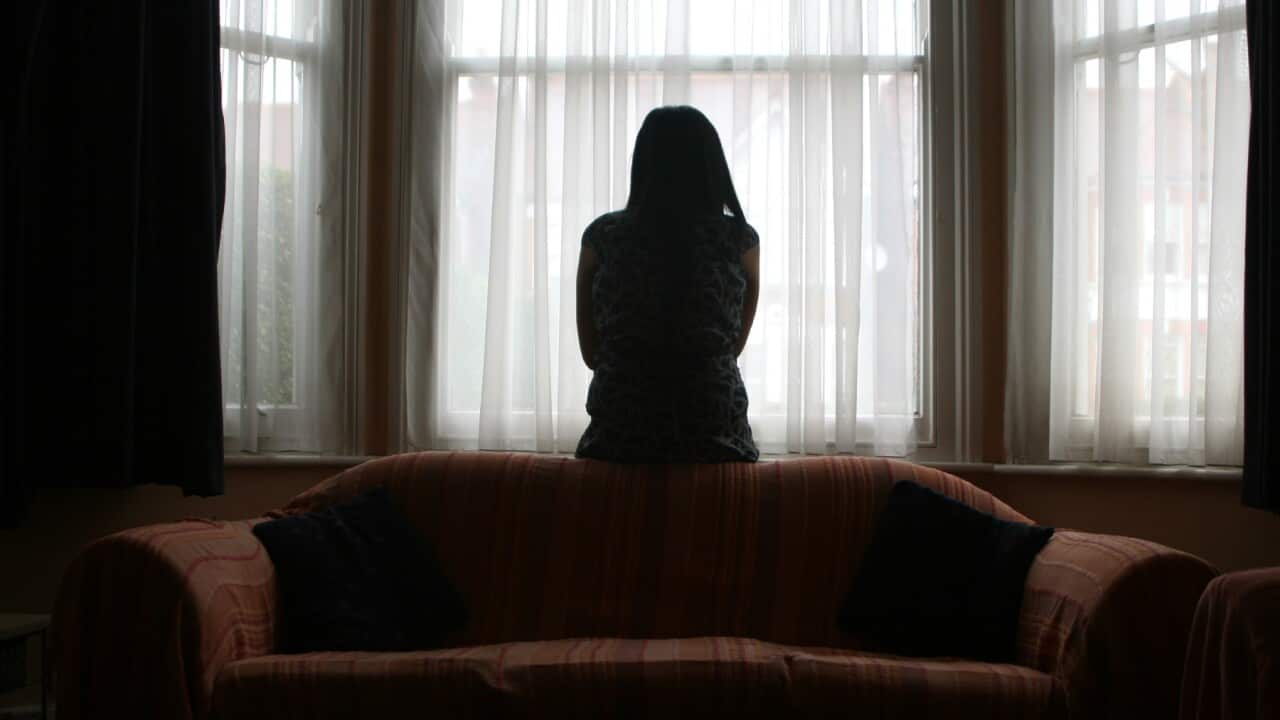Prime Minister Scott Morrison has labelled Facebook's wiping of several key government and public health pages as "a threat" and says Australia remains determined to convince the social media giant to accept its media bargaining code.
"I would just say to Facebook, this is Australia. If you want to do business here, you work according to our rules - that is a reasonable proposition," he told reporters in Sydney on Friday.
"But the idea of shutting down the sorts of sites they did yesterday as some sort of threat, I know how Australians react to that, and I thought that was not a good move on their part.
"They should move quickly past that, come back to the table and we will sort it out."
The social media giant shows no sign of backing down after its sudden move on Thursday to ban Australian users from sharing or viewing new content in response to the code.
Mr Morrison said Australia was also standing its ground.
"Our record as a government is resolve. We have demonstrated that before. I have worked with other organisations before, threats are made and that is not a good way to deal with this government."
Treasurer Josh Frydenberg spoke with Facebook founder Mark Zuckerberg on Friday morning and will talk with him again over the weekend.
"We talked through their remaining issues and agreed our respective teams would work through them immediately," Mr Frydenberg said.
"I reiterated Australia remains committed to implementing the code."
The treasurer said the purpose of the bargaining code extended far beyond paying fairly for journalism.
"There is more at stake here than just one or two commercial deals," he said.
"This is very much about Australia's sovereignty, this is about Australia making laws for Australians, this is very much about the rules of the internet and the digital world replicating the rules of the physical world."
Mr Frydenberg is calling on other nations to back Australia in its quest to force digital giants to pay for locally produced news published on their platforms.
Opposition leader Anthony Albanese said the decision to block emergency service sites was shocking.
"Facebook's behaviour has been reprehensible," he told the ABC.
"They've done a great deal of damage to their reputation and businesses rely upon their reputation."
Mr Albanese said the company needed to accept media companies should be paid for content to keep journalism alive.
"It's in Mr Zuckerberg's interests, and Facebook's interests, to basically grow up, to accept that governments have a right to determine the regulatory framework in which businesses operate."
'Friend us again'
Mr Morrison said the leaders of India, Canada and the United Kingdom were keenly watching Facebook's reaction to the media code.
"There is a lot of world interest in what Australia is doing," he said.
"It is not OK to unfriend Australia because Australia is very friendly. We would like to remain very friendly and it is time for them to friend us again."
Facebook claimed it had no choice but to shut health and emergency services pages down, arguing the bargaining code was poorly worded.
"However we will reverse any pages that are inadvertently impacted," the company said in a statement.
Facebook gave no notice of the news ban but it was not unexpected.
The company first threatened to ban news for Australians in August and repeated the ultimatum before a Senate inquiry in January.
The ban restricts Australian users and publishers from viewing or sharing domestic and international news.
Overseas users will be unable to access Australian news.
The media bargaining code is before the Senate after clearing the lower house.
It is likely to clear parliament with bipartisan support, despite Labor criticising the government for its handling of negotiations with digital platforms.
Here's where else you can find our content and follow us:














